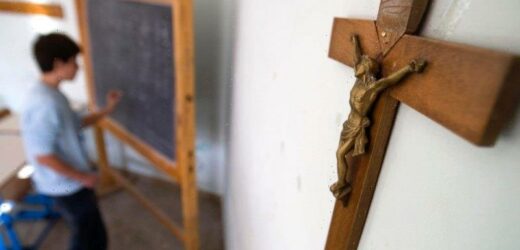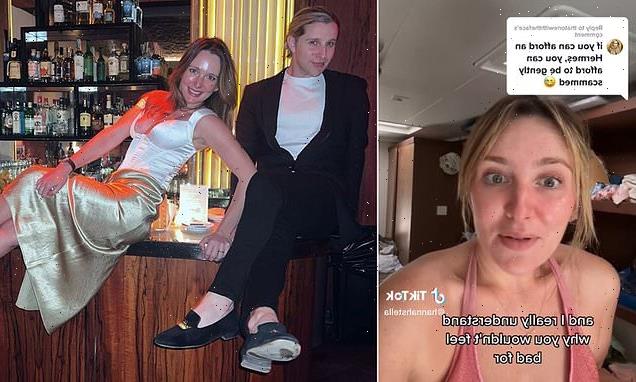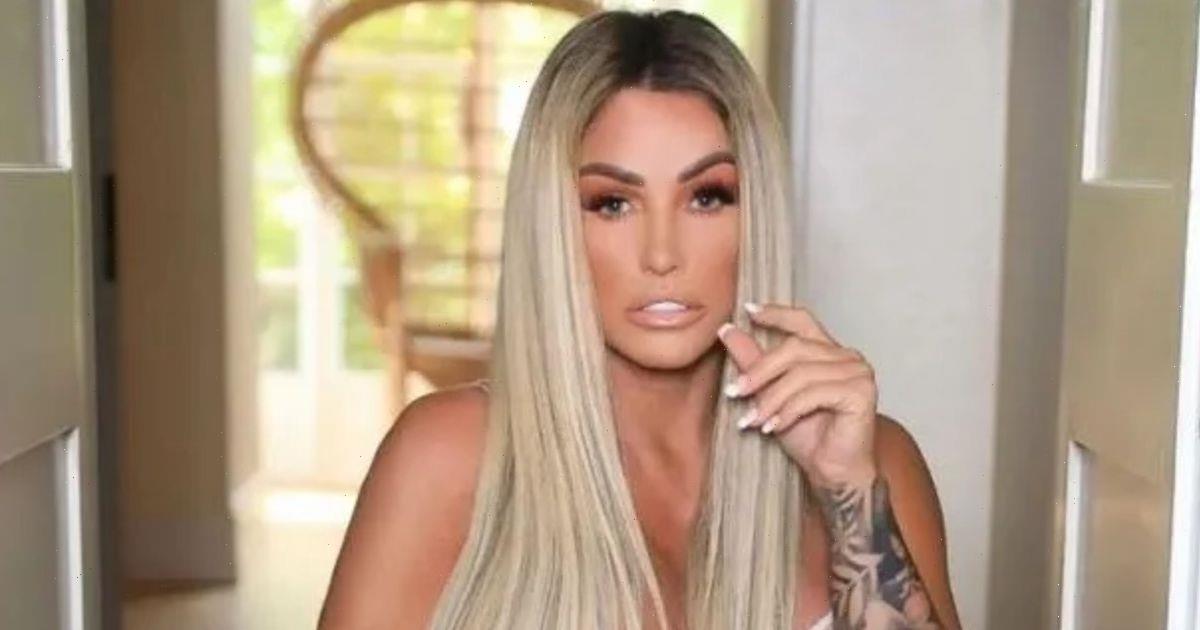Religious education has almost disappeared from Victorian state schools, as government changes to make the program voluntary and shift its teaching to outside class hours prompted student enrolments to drop by 99 per cent in 10 years.
In 2013, nearly 93,000 Victorian students were enrolled in special religious instruction, in which religious groups taught students about Christianity, Islam, Judaism, Buddhism or the Bahá’í faith.
Jennifer Bleazby, a senior lecturer at the school of education, culture and society, Monash University. Credit:Joe Armao
But government changes since 2011 – requiring parents to opt their children in to classes, and then, under the Andrews government, shifting classes to lunch or outside school hours – have sapped demand, with fewer than 1000 students currently enrolled.
The decline coincides with the number of Australians who identify as Christian falling from 61 per cent in 2011 to 44 per cent in 2021, and 42 per cent of Victorians said they had no religion, according to the 2021 census.
In 2018, 1487 students across 71 government schools were receiving special religious instruction classes, according to the Education Department’s last count. But the only two special religious instruction providers still operating in state schools say there are now about 750 students.
Korus Connect said about 300 students participate in its weekly Christianity classes, which are supervised by a teacher.
Dawn Penney, chief executive of Korus Connect, the only accredited provider of Christian special religious instruction.Credit:Joe Armao
“Administrative changes to the program made in response to societal expectations in recent years have made it increasingly difficult for schools to offer special religious instruction in any of the faiths represented in their student cohort,” said chief executive Dawn Penney.
United Jewish Education Board marketing manager Rebecca Hoffman said 450 students across 32 Victorian schools attended the board’s Judaism classes.
When lessons were scheduled during class hours, about 1300 primary school students across 40 schools participated, she said.
Arkan Toledo once provided Islamic instruction in 12 schools but no longer provides any. The organisation’s director, Adel Salman, said schools were “reluctant to facilitate this type of extracurricular activity”.
Salman said the strong growth in enrolments at Islamic schools was partly driven by the lack of religious classes at public schools.
Des Cahill, former chair of Religions for Peace Australia, which accredits instructors in Buddhism and the Bahá’í faith, said there were currently no instructors from his organisation in schools, because of the difficulties in getting children to study after-class hours and finding teachers to attend.
“When they made the change that special religion instruction could not be held in class time, it almost completely collapsed,” he said.
Victorian government school education must be secular by law. Religious education, where students study world faiths and secular beliefs, is part of the Victorian curriculum.
The Coalition pledged to reinstate special religious instruction to the curriculum if it won the 2018 election. It has since dropped that policy, calling for a curriculum review instead.
Jennifer Bleazby, a senior lecturer of education, culture and society at Monash University, said special religious instruction had no place in secular state schools as it promoted religion.
But she said Victoria’s faith and ethics curriculum was “taught by teachers who are qualified and not promoting their own viewpoint and not promoting contentious and controversial beliefs as if they’re true”.
Each religious instruction provider prepares its own program materials, which are not endorsed by the Education Department but must comply with minimum standards regarding human rights and anti-discrimination laws.
The Morning Edition newsletter is our guide to the day’s most important and interesting stories, analysis and insights. Sign up here.
Most Viewed in National
From our partners
Source: Read Full Article




